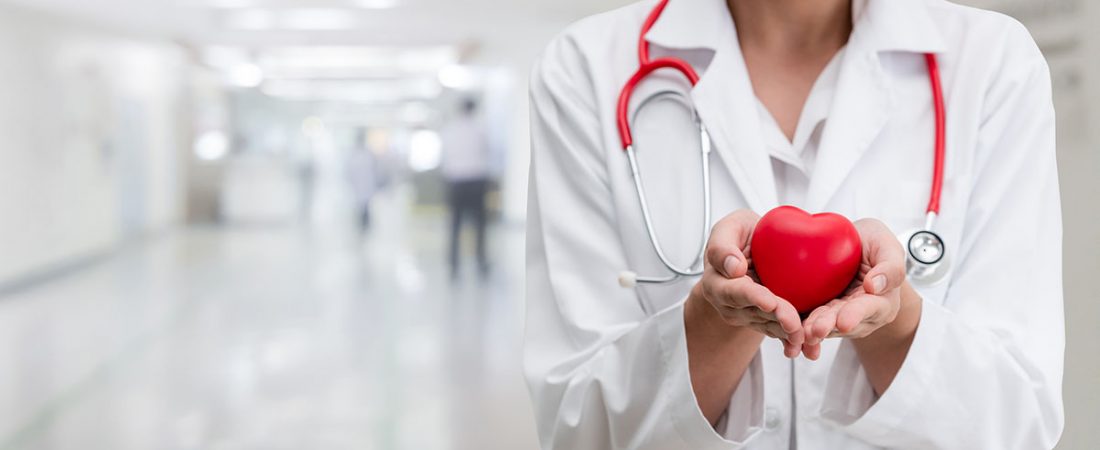
How Heart Attack Symptoms Can Be Different in Men & Women
While both women and men’s hearts can look the same, there are differences in a woman’s heart compared to a man’s.
Men are more likely to have a heart attack at an earlier age and at times with no symptoms at all. Statistics show about 50% of men that die suddenly from a heart attack had no symptoms. Overall a higher percent of heart attacks is experienced by men.
Women are on a lower scale for heart attacks and can experience no chest pressure but unlike men can have symptoms of nausea and vomiting and make the mistake of confusing this with acid re-flux or think they have the flu.
Men are 5 times more likely to understand their symptoms to be related to a problem with their heart.
It is important to understand the differences and what signs to watch for. If you feel any symptoms listed below or have any questions you should always check with your doctor. If you believe you are having a heart attack call 911 immediately.
Facts About The Heart
Women’s hearts are smaller and the interior chambers of the heart are smaller. The inner walls that create the division of the women’s heart are thinner and pump faster then men’s but puts out 10% less blood every time the heart squeezes
For a women any stress raises her pulse rate and pumps more blood where as when a man has stress his heart constricts which raises his blood pressure.
The differences will matter when it comes to treatment, symptoms, and the issue of coronary artery disease (CAD)
The Risk to a women’s heart is different then the risk to a man’s heart:
Coronary artery disease is the leading cause of heart attacks and women having diseases that men do not have such as endometriosis, polycystic ovary disease, diabetes and high blood pressure while pregnant which can increase this risk. For women over the age of 40, having endometriosis has been known to raise the risk leading to coronary artery disease by 400%.
The things that are similar for men and women when it comes to heart risk factors are high blood pressure, high cholesterol, high blood sugar, smoking and obesity. Family history as always plays a part in any gender and especially if a father or brother was diagnosed with (CAD) Coronary Artery Disease before 55 years old, or a mother or sister diagnosed before 65 years old. Women typically are at an older age when they have their first heart attack, most likely because estrogen in women actually protects them from heart disease. Once menopause ends and estrogen drops, women have a greater chance of having a heart attack at an average age of 70 while men’s average age is 66.
Symptoms of heart attacks in women compared to men can be different. A men’s heart attack can be explained as a crushing weight on their chest while a women might have some chest pain described as different and subtler symptoms three to four weeks before they actually have the heart attack.
It is good to be aware of these signs and check with your doctor:
Sudden extreme fatigue when you perform a simple activity that makes you feel unusually tired and quickly worn out, as if you can’t sleep well or get enough rest and can also come with a heavy chest feeling.
Shortness of breath or sweating without much exertion especially when it comes with the extreme fatigue or chest pain. If this gets worse with added shortness of breath especially increasing when you lie down, or a cold clammy feeling you need to take notice.
Neck, back and jaw pain is another sign to be aware of especially if no specific muscle and/or joints are aching, or if it gets worse only during exertion and suddenly stops when the exertion stops. For men it can be pain in the left arm and for women the pain can be felt in either arm. Beware if there is pain starting in the chest and spreading to the back that comes on suddenly, waking a person up at night and lower left side of the jaw.
More information to come
Symptoms:
Neck , Jaw & Back Pain or Discomfort
Feeling Light-Headed
Chest Pain
Pain in Arms and Shoulders
Shortness of Breath
Nausea and Flu Like Symptoms
References Web MD, CDC, Mayo Clinic, Cleveland Clinic – Leslie Cho, MD,

